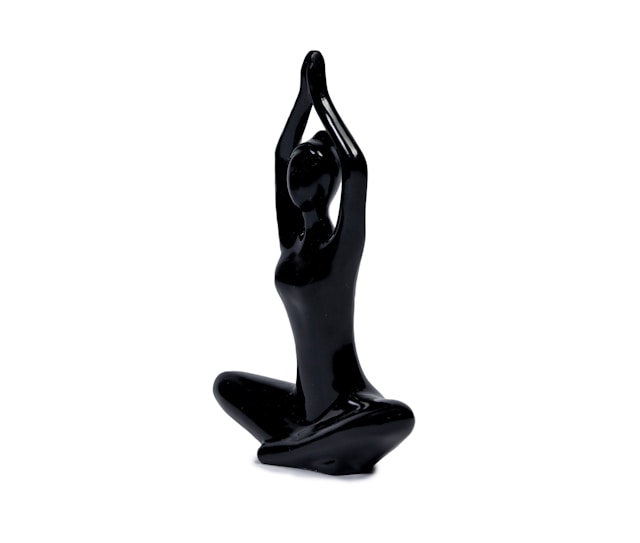- Confidence grows through small, daily acts of courage
- Poor posture drains energy and increases stress
- Short breaks prevent burnout
- Constant notifications overload your mind and drain focus
- Expressing appreciation strengthens emotional well-being
When it comes to personal growth, it’s the small things that create the most significant impact. Building simple self-improvement habits can completely change how you think, feel, and show up every day.
From practicing gratitude to setting healthy boundaries and taking mindful breaks, I’ll teach you how these shifts can help you create a calmer, more focused, and happier version of yourself.

1. Micro-Bravery: Self-Improvement Habits & Practicing Confidence
Confidence doesn’t appear overnight. Think of micro-bravery as one of those self-improvement habits that help you stretch your comfort zone without overwhelming yourself. You don’t have to give a TED talk or quit your job tomorrow.
Sometimes, confidence starts with something as simple as:
- asking a question in a meeting,
- introducing yourself to someone new,
- speaking your mind when you’d usually stay quiet.
You grow confidence the same way you grow strength: through consistent, small practice.
Try setting a “micro-bravery goal” each day (you can use our habit tracker app to visualize your progress), like:
- sharing your opinion,
- trying a new hobby,
- sending that message you’ve been avoiding.
Over time, these micro moments compound, transforming you from hesitant to bold without you even realizing it.

2. Body Language Habits: How Posture Shapes Your Mood
Your body talks, even when you don’t say a word. One of the simplest self-improvement habits you can start today is fixing your posture.
When you stand tall, shoulders back, and head up, you instantly feel more confident and alert.
Science backs this up: good posture can actually lift your mood and lower stress. Try it right now:
- Sit up straight,
- Open your chest,
- Take a deep breath.
It feels different already, right?
Bad posture does more than make you look tired; it can make you feel tired too. When you slouch, your breathing gets shallow and your energy dips.
But when you move with intention, your mood shifts along with it.
- Practice catching yourself when you start to slump.
- Stretch, roll your shoulders, and reset.
The more often you do this, the more natural it becomes.

3. The Power of Pause: How Rest Fuels Productivity
Taking a break is actually one of the smartest self-improvement habits you can build. When you pause, your brain finally gets the space to process, recharge, and create.
Ever noticed how your best ideas appear in the shower or during a walk? That’s the power of pause in action.
Short breaks throughout your day help prevent burnout and keep you sharp.
- Try the 50/10 rule: focus for fifty minutes, then step away for ten.
- Stretch, get some fresh air, or simply stare out the window guilt-free.
When you treat rest as a key part of your routine, you’ll notice better focus, more creativity, and a calmer mind.

4. Digital Detox Rituals: Unplugging for Mental Clarity
Between notifications, messages, and endless scrolling, your brain barely gets a break. Try:
- silencing notifications after dinner,
- keeping your phone out of the bedroom
- having a “no-screen Sunday morning.”
These brief pauses from technology help you think clearly, feel calmer, and reconnect with real life.
When you unplug, you rediscover time. At first, it might feel weird or even boring, but that boredom is actually space for creativity and reflection to grow.
Your mind works best when it’s not overloaded with information.

5. Gratitude in Action: How Self-Improvement Habits Rewire Your Brain
When you actively focus on what’s going right, your brain starts rewiring itself to notice more of the good stuff. Studies show that practicing gratitude boosts happiness, reduces stress, and even improves sleep. It’s like giving your mind a warm, daily hug.
Start small:
- write down three things you’re thankful for each morning,
- tell someone why you appreciate them.
Gratitude works like mental fitness for your happiness muscle. The more you train it, the stronger it becomes. So, if you’re looking to level up your self-improvement habits, start with a simple “thank you.” It’s small, powerful, and completely free.
The Ripple Effect of Growth
Small changes add up faster than you think. When you stay consistent with your self-improvement habits, you’re reshaping your mindset, energy, and outlook on life. Keep showing up for one habit at a time and watch how the ripple of growth turns into lasting transformation.



